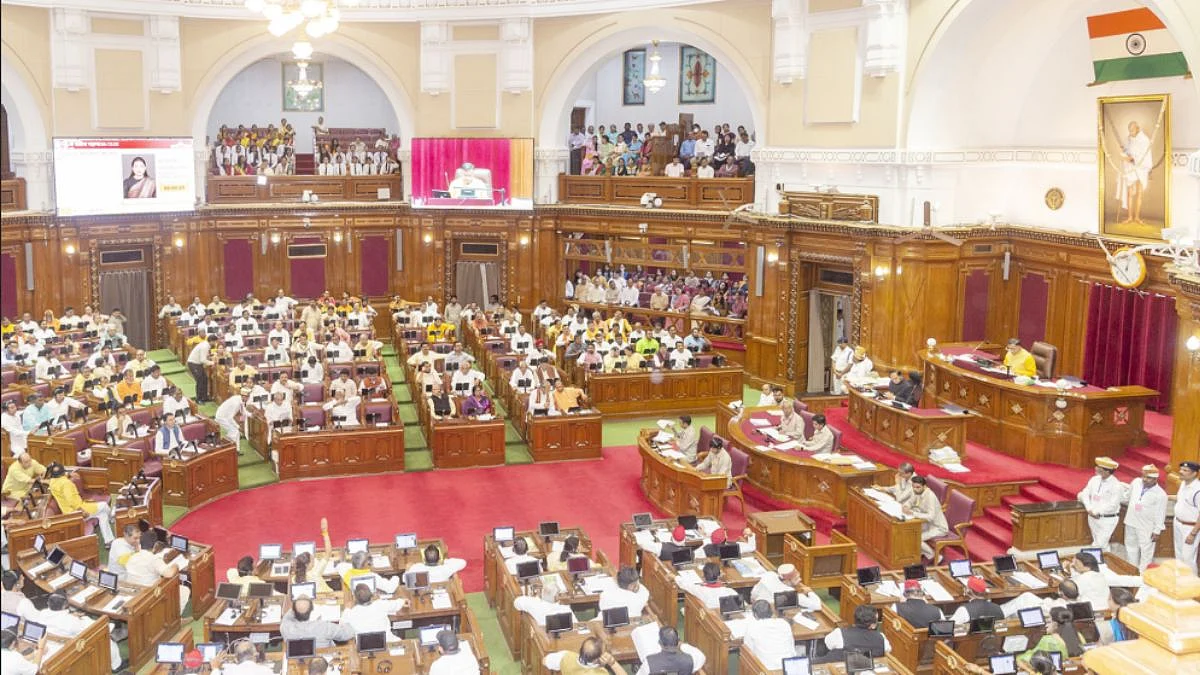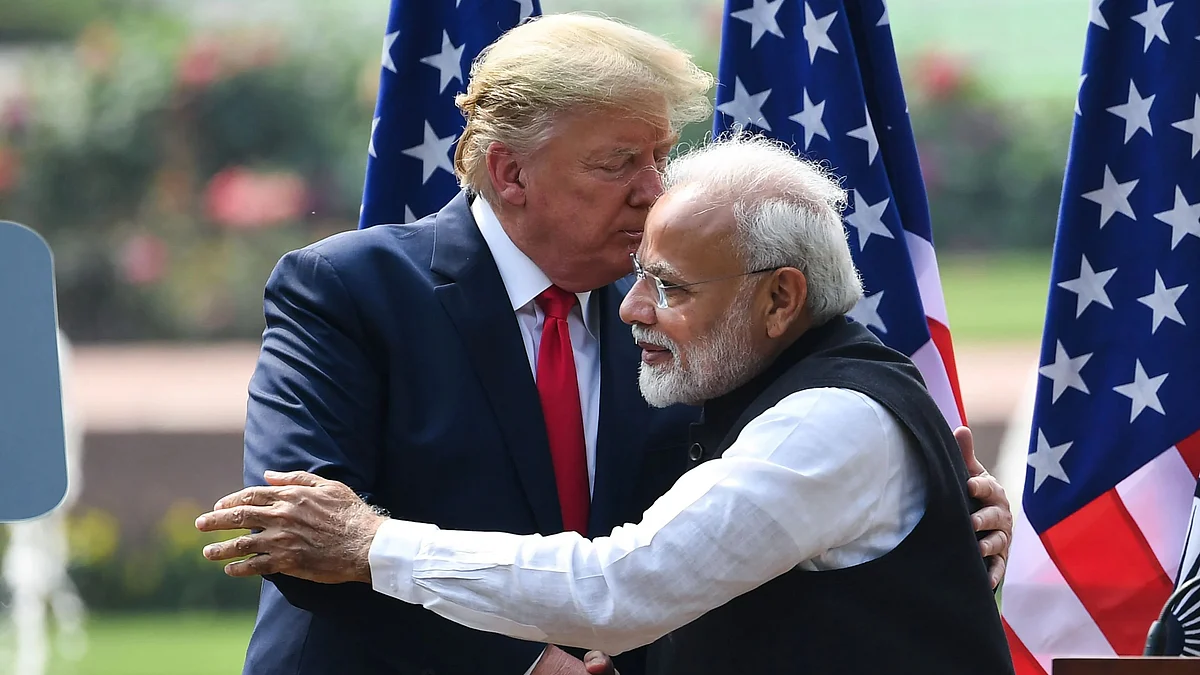Mumbai’s first elevated nature trail, the Malabar Hill Walkway, opened to much fanfare this Sunday. Inspired by Singapore’s tree-top walkways, it promises a unique experience—walking amidst lush greenery with a panoramic city view. However, for all its eco-friendly appeal, one glaring issue stands out: why must children pay to access nature?
The Brihanmumbai Municipal Corporation (BMC) has set an entry fee of ₹25 for Indian citizens and ₹100 for foreigners, with one-hour slots to manage footfall. While seemingly nominal, this fee raises a fundamental question—should public spaces, especially those meant to foster a love for nature, come at a price? India is one of the youngest nations in the world, yet our urban planning often ignores its most significant demographic. Public spaces intended to encourage environmental appreciation should be freely accessible, especially to children, fostering their engagement with nature without financial or logistical barriers.
Singapore’s MacRitchie TreeTop Walk, a comparable project, is free for all visitors. Globally, cities are recognizing the importance of unrestricted public spaces, yet in Mumbai, access to nature is increasingly becoming a privilege rather than a right. The walkway’s ticketed entry and regulated time slots may deter spontaneous family visits, restricting children’s interactions with green spaces.
Beyond accessibility, we must ask: how are we encouraging sustainability alongside development? Children are the future custodians of our environment, yet we are indirectly taxing them to experience it. If we truly aim to create an environmentally conscious generation, we must remove financial barriers that hinder their interaction with nature. Instead of imposing fees, we should foster an environment that actively encourages children to appreciate and protect our green spaces.

This issue extends beyond the Malabar Hill Walkway. Parks, footpaths, and play areas across India are often designed without considering their primary users. Decision-making remains concentrated in the hands of a few, rarely with a child-first approach. The lack of women, particularly mothers, in urban planning only exacerbates this disconnect. If more women were involved in policy-making, public spaces would likely be designed with inclusivity and accessibility at their core.
As a mother and entrepreneur, I see the urgent need to rethink how we design Mumbai’s public spaces. Free and accessible infrastructure isn’t just about convenience—it’s about equity. The true measure of a city's progress lies in how effectively it caters to its most vulnerable and valuable residents—its children. The Malabar Hill Walkway should not just be a showcase of urban development but a testament to our commitment to inclusive and sustainable public spaces. Children should not be asked to pay for what should rightfully be theirs.
Ankieta Kothari is a promoter at Pantheion Real Estate, driving forward a vision of sophisticated, sustainable, and user-centric urban development










